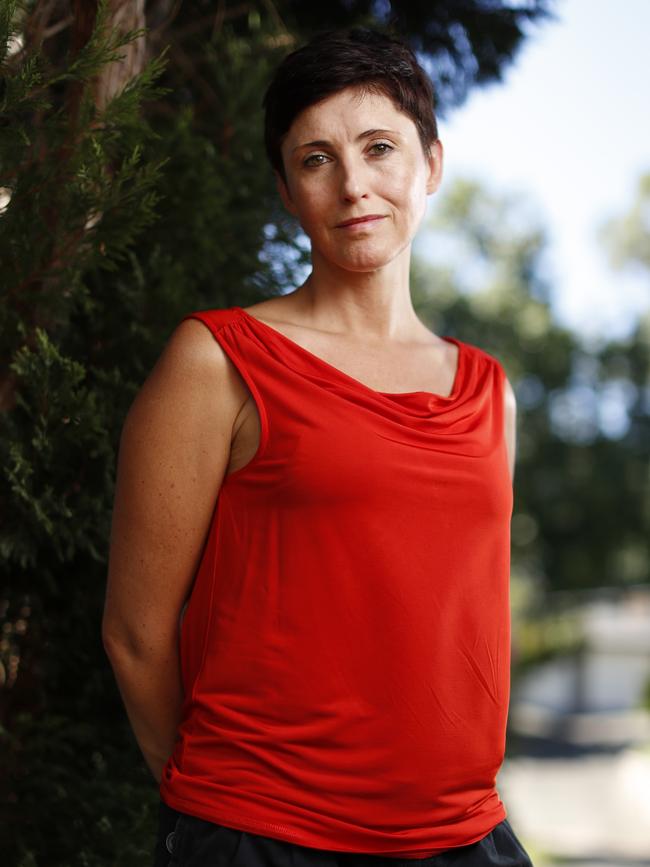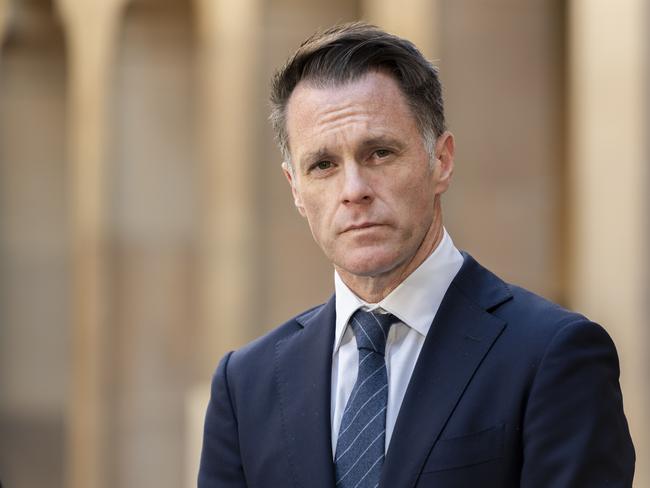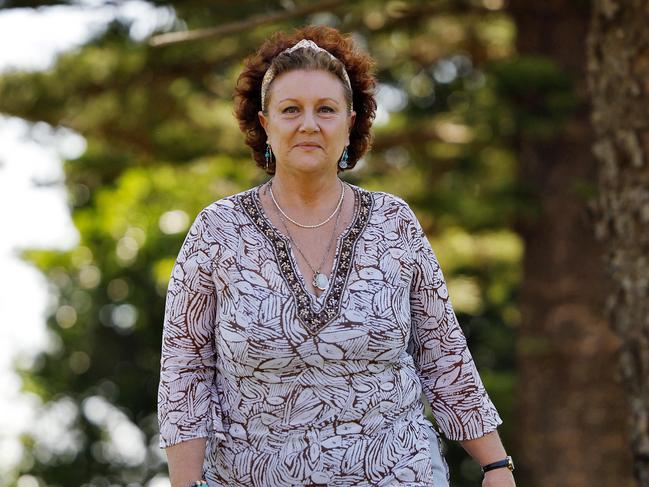Legal expert Xanthe Mallett says Kathleen Folbigg should get $20m compensation
What is 20 years of a woman’s life worth? That’s the multimillion-dollar question that Chris Minns is under increasing pressure to answer about compensation for Kathleen Folbigg.

NSW
Don't miss out on the headlines from NSW. Followed categories will be added to My News.
Kathleen Folbigg has submitted a 100-page statement detailing the horrors of her 20 years in jail, including details about being locked in isolation for years and even in a mental health unit where she was “terrified of the people who had killed others”.
Ms Folbigg revealed she poured out her inner darkness in the hope Premier Chris Minns would be moved to award her compensation for the years she lost because of the “mistakes that have been made”.
This week Cabinet Office secretary Kate Boyd told a budget estimates hearing that Ms Folbigg’s claim was being “actively considered”.
Premier Chris Minns said he had not seen the claim but would examine it.
“I’ll do that and find where it’s up to, and understand what the circumstances are that have resulted in a delay,” he told the parliamentary hearing.
It’s tipped to be the biggest compensation payout in Australia’s history, some say more than $10 million, but in the end it all comes down to one man and his view of what he thinks will be palatable to the public.

What is 20 years of a woman’s life worth?
That’s the multimillion-dollar question that Chris Minns is under increasing pressure to answer.
Associate Professor of Criminology at the University of Newcastle Xanthe Mallett, who has written extensively about Ms Folbigg’s case, said she hoped she received one million dollars for every year she spent in jail.
“What’s a reasonable amount for 20 years? There isn’t one,” Mallett said in an exclusive
interview with The Sunday Telegraph.
“This woman was not just incarcerated, she has been vilified for those 20 years that she
lost.

“She was a grieving mother whose grief was exacerbated by her incarceration.
“There has to be financial compensation for the egregious miscarriage of justice.
“The evidence was not there to demonstrate guilt beyond a reasonable doubt and she should never have gone to trial.”
Dr Mallett said she was so glad that science finally caught up and Folbigg’s innocence could be proven — and now it was up to the state government and the community to do everything possible to “give her a better life”.
She said while $10 million sounded like a lot of money “it’s really not that much at all for what she has suffered. I would like to see it doubled.”

Lindy Chamberlain, who has publicly supported Ms Folbigg in in her fight for justice, received $1.3 million in compensation in 1992 for the wrongful conviction over the death of her baby Azaria. She served three years in jail.
Ms Folbigg’s legal team has lodged a 300-page document outlining the 70 reasons they say proves why she deserves to be paid a substantial sum.
They also supplied the government with an expert report from one of the state’s top forensic accountants, and a lengthy statement from Ms Folbigg containing “harrowing details about what happened to her over the 20 years of her imprisonment”.
Folbigg’s lawyer Rhanee Rego told The Sunday Telegraph the government wanted a wrongly convicted person to demonstrate two main things — that there is clear loss suffered by the person, usually economic loss, and that there have been errors or faults of government agents who were involved in the case.

“Despite Ms Folbigg being clearly wrongfully convicted, we have to prove to the state why she deserves to be paid for the state’s mistakes,” she said.
“There are no precedents for the government to rely on, so they have to make the call themselves about how much to pay.
“Unlike personal injury claims, where courts have guides to help them determine how much to pay someone for their injury, an ex-gratia claim (for a one-off-payment only given in special circumstances) is based on the discretion of a group of politicians.
“Despite the Attorney-General being the Minister technically responsible for Ms Folbigg’s ex-gratia entitlement, in reality the cabinet will make the decision given the amount of money involved. It is assumed that their decision will be based on what the government thinks the public expects them to pay Folbigg for their mistakes.”
A spokeswoman for Attorney-General Michael Daley said: “It is not appropriate to comment on whether or not an individual request for an ex gratia payment has been made. Every application is considered on its own facts and in its own context”.
Do you have a story for The Daily Telegraph? Message 0481 056 618 or email tips@dailytelegraph.com.au
More Coverage
Originally published as Legal expert Xanthe Mallett says Kathleen Folbigg should get $20m compensation




